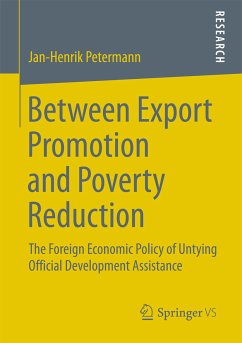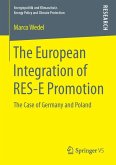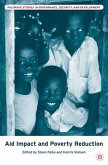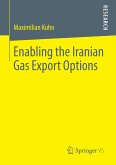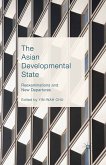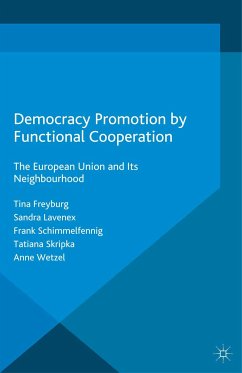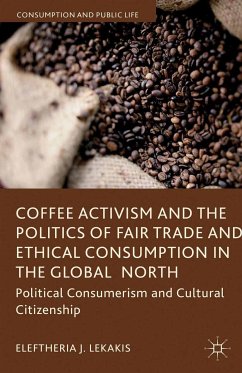The end of the Cold War has prompted many donors of Official Development Assistance (ODA) to fundamentally realign their global aid and trade relations. Despite recent progress in untying ODA and a number of related efforts to enhance the overall efficiency of international cooperation with the poorest countries, it remains unexplained why some OECD states have liberalised their bilateral programmes to a considerable extent - whereas others have continued to use foreign aid as a means to promote domestic exports. Jan-Henrik Petermann widens the scope of previous macro-analyses of 'system-driven' reorientations in tying practices in the wake of 1989/90, inquiring into donors' national parameters of policy-making at the strategic nexus between external trade and international development.
Contents
Official Development Assistance (ODA)
International Trade
International Relations
Cold War
OECD
Target Groups
Researchers and students of comparative politics, economics and International Relations
Experts and practitioners of development cooperation and foreign trade policy
Author
Jan-Henrik Petermann is a business and economics correspondent for a German news agency.
Dieser Download kann aus rechtlichen Gründen nur mit Rechnungsadresse in A, B, BG, CY, CZ, D, DK, EW, E, FIN, F, GR, HR, H, IRL, I, LT, L, LR, M, NL, PL, P, R, S, SLO, SK ausgeliefert werden.

